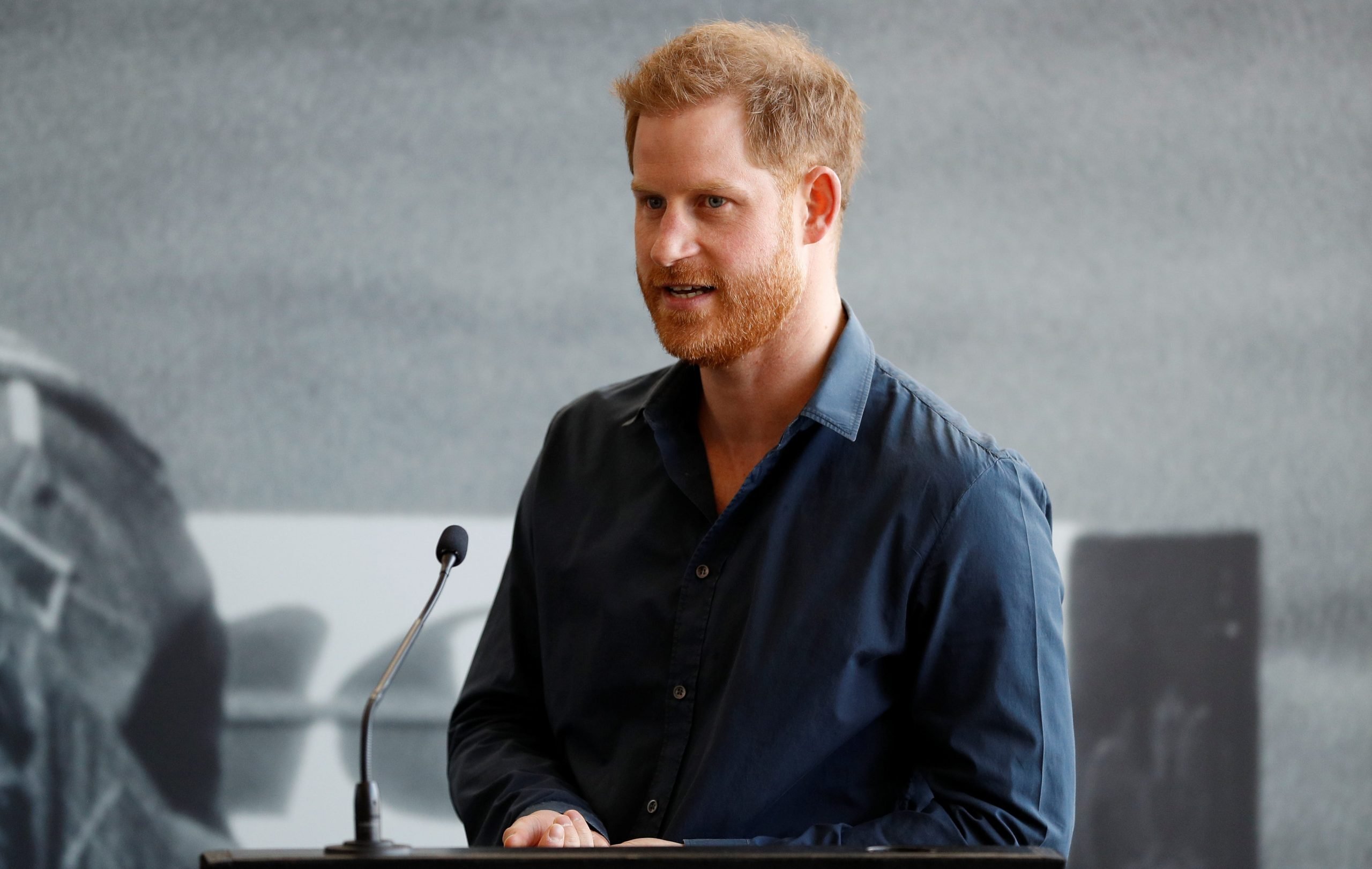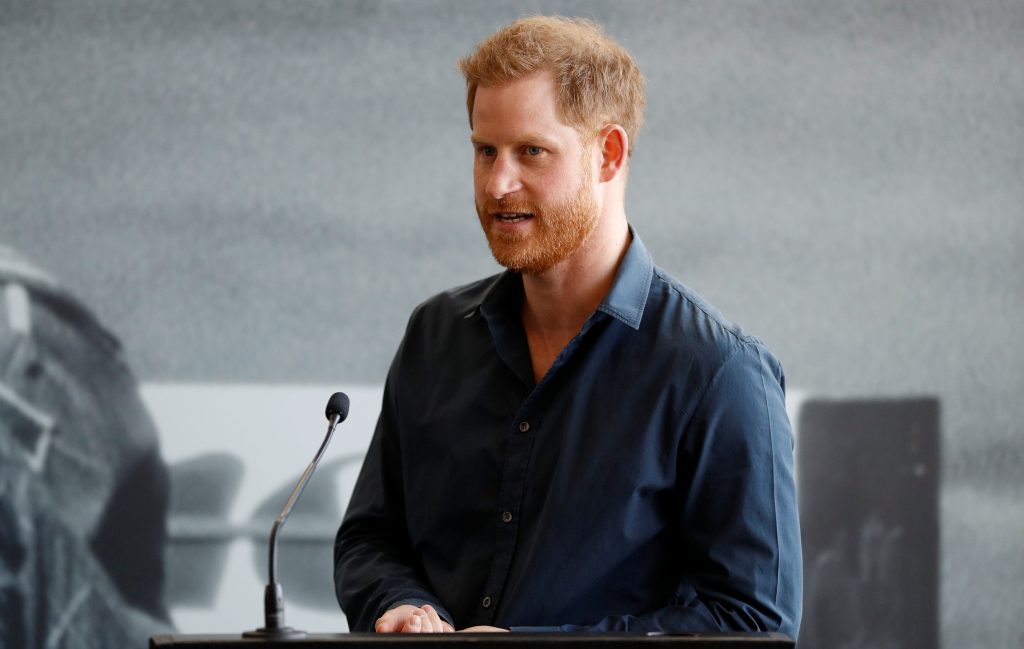
Peter Nicholls-WPA Pool/Getty Images
- Prince Harry said he wants to break the cycle of "genetic pain and suffering" in the royal family.
- Trauma and other environmental factors can alter the way genes are expressed.
- Changes to gene expression may persist through generations, according to human and animal studies.
- Visit Insider's homepage for more stories.
In a recent episode of the podcast "Armchair Expert," Prince Harry spoke about the "genetic pain and suffering" that he says has been passed down in his family.
The Duke of Sussex told cohosts Dax Shepard and Monica Padman that he wanted to make sure that cycle of trauma stopped with him.
"I don't think we should be pointing the finger or blaming anybody, but certainly when it comes to parenting, if I've experienced some form of pain or suffering because of the pain or suffering that perhaps my father or my parents had suffered, I'm going to make sure I break that cycle so that I don't pass it on," he said.
Trauma can be passed down in a couple different ways, from the way that parents raise their children to the expression of genetic code.
While traumatic experiences cannot alter your DNA itself, they can turn genes on and off – and the effects of those changes may trickle down to future generations.
Trauma can alter gene expression across generations
What you eat, where you live, and the stress you experience may all trigger changes in future generations, according to the science of epigenetic inheritance.
Epigenetics refers to the effect environmental factors can have on gene expression. Scientists are now studying humans and animals to determine how epigenetic influences can be passed down through multiple generations.
In one study of mice separated from their mothers, the effects of that trauma could be observed in the behavior of five generations of offspring acting depressed, antisocial, and taking more risks.
Studying trauma in humans is trickier, but researchers have followed the descendants of soldiers held in prisoner camps during the US Civil War. According to one study, the sons of prisoners of war had a 11% higher mortality rate than the sons of non-POW veterans.
Although the trauma of the royal family does not entail such extreme environmental factors as overcrowding and malnutrition, Prince Harry said he's determined to address the pain and suffering that has been passed down.
"We as parents should be doing the most we can to try and say, 'You know what, that happened to me, I'm going to make sure that doesn't happen to you,'" he said on the podcast.

